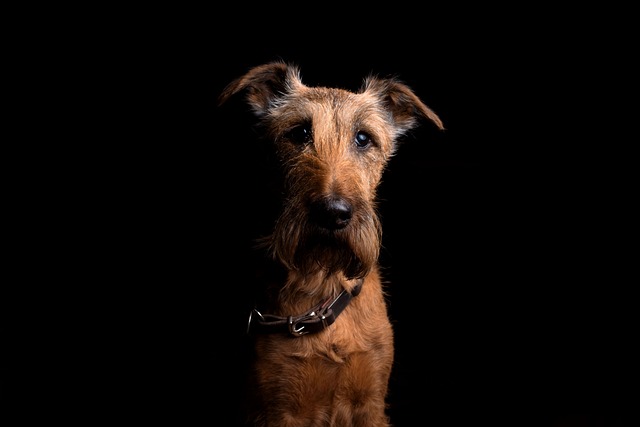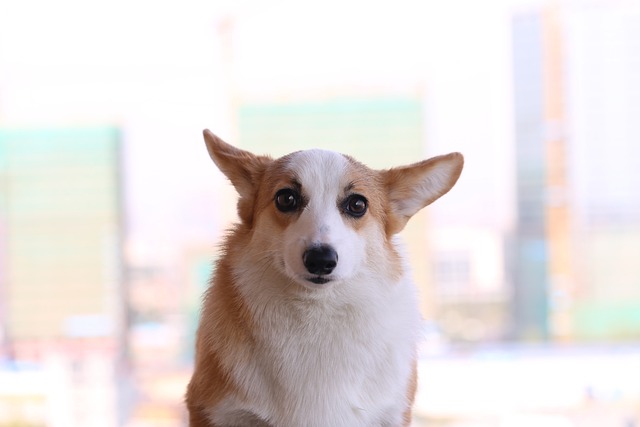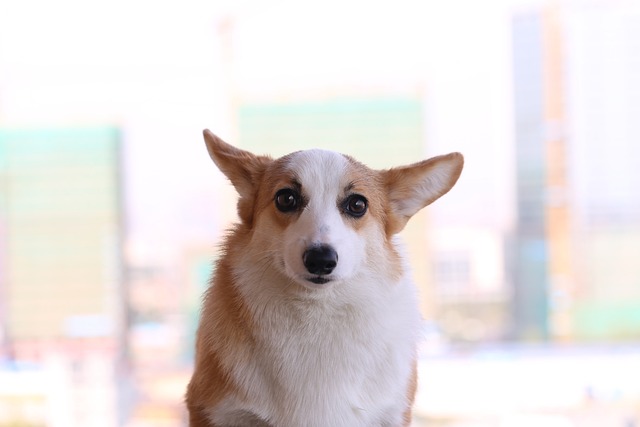
Why Are German Shepherds Afraid of Fireworks? Understanding & Helping
Discover why German Shepherds fear fireworks and learn compassionate, science-backed ways to ease their anxiety during noisy celebrations.
If you’re living in the US with a German Shepherd and have experienced the Fourth of July or New Year’s Eve, you probably know the struggle: your loyal companion suddenly transforms from confident guardian to a trembling bundle under the bed. German Shepherds’ fear of fireworks is something many American pet parents deal with, causing stress for both dogs and their humans. Understanding why German Shepherds are afraid of fireworks isn’t just about managing a stressful night—it’s about giving your dog the comfort and support they need in a world full of unexpected booms and flashes.
To get why fireworks can be so terrifying, it helps to look at the evolutionary roots of fear in German Shepherds. Long before they were family members, dogs depended on their heightened senses and quick reactions to survive. Loud, sudden noises in the wild almost always signaled danger—think thunderstorms, falling trees, or predators. German Shepherds, bred for vigilance and protection, have especially strong alert instincts. Their brains are hardwired to treat unexpected loud noises as threats, which triggers their fight-or-flight response. Even in your suburban backyard, the pop of a firework can flip that ancient survival switch in seconds.
German Shepherd sensory sensitivity to fireworks is a big part of the puzzle. These dogs are known for their keen senses, especially hearing. While the average human hears up to 20,000 Hz, dogs can pick up sounds as high as 65,000 Hz. German Shepherds, with their working-dog lineage, are even more attuned to subtle noises. When fireworks explode, it isn’t just the volume—it’s the sharp, unpredictable nature of the sound and the accompanying vibrations. Their acute hearing means they’re often overwhelmed by the sensory overload, making it easy to understand why German Shepherds are afraid of fireworks in ways we can’t fully relate to.
The way German Shepherds show fear of fireworks can look different from dog to dog, but some signs are easy to spot. Common behaviors include trembling, pacing, excessive panting, and trying to hide in closets or under furniture. You might also see more destructive responses like chewing on door frames or scratching at doors if they’re desperate to escape the noise. Some dogs lose their appetite or refuse to go outside for hours. For many German Shepherds, the stress doesn’t end when the fireworks stop—it can linger, affecting their sleep, appetite, and overall confidence. Living with the risk of repeated exposure can even lead to long-term anxiety if not addressed properly.
For American pet owners coping with dog fear of fireworks, there are practical steps that can make a real difference. Start by preparing your environment: close windows and curtains to muffle sounds and block out flashes of light. Creating a safe space—like a crate lined with familiar bedding in a quiet room—can help your German Shepherd feel protected. You can also try playing calming music or white noise to mask the sound of fireworks. Never force your dog to confront the noise; instead, let them choose where to go. For some dogs, tight-fitting anxiety wraps can provide comfort, and pheromone diffusers may help reduce stress. Training is key, but it should always be based on positive reinforcement—reward calm behavior with treats or affection, and never punish reactions born of fear. In the US, it’s also legally required to ensure your dog is microchipped and has up-to-date ID tags, just in case they bolt out of fear. And remember, in apartment communities or public parks, be considerate of neighbors and always follow local leash and noise ordinances—some areas have specific quiet hours, especially around holidays.
Throughout all of this, empathy goes a long way. German Shepherds fear of fireworks isn’t just an inconvenience—it’s a natural, deeply rooted reaction that calls for patience and understanding. Recognizing the signs and taking proactive steps isn’t only about compliance with local animal welfare standards; it’s about creating a trusting relationship where your dog feels safe, even when the world outside gets loud and unpredictable. In American pet culture, the emphasis is always on positive, humane training—physical punishment or scolding only adds to their anxiety and goes against community standards. By blending scientific understanding with compassion, you can help your German Shepherd navigate fireworks season with a little less fear, and a lot more comfort.

Discover why German Shepherds fear fireworks and learn compassionate, science-backed ways to ease their anxiety during noisy celebrations.

Dogs are natural athletes—chasing balls, leaping over logs, darting after squirrels—so a pulled leg muscle isn’t uncommon. Unlike broken bones, which often cause obvious deformity, muscle strains show up in subtler ways.

Hip dysplasia in German Shepherds is a tricky topic, but it doesn’t have to define their golden years. The condition, where the hip joint doesn’t fit properly, can affect how long they thrive—but with care, many still enjoy full, happy lives.

I’ll never forget the frantic call from my neighbor in Phoenix last July—her Golden Retriever, Cooper, was panting so hard his tongue hung like a rag, legs wobbly after a midday walk.

On a sweltering summer afternoon, if you’re walking your dog in the park and notice them panting excessively, stumbling, or collapsing, panic might set in.

If you’ve noticed your dog shaking their head like a wet rag or caught a whiff of a musty smell from their ears, you’re probably wondering: How to get rid of gunk in dog’s ears?